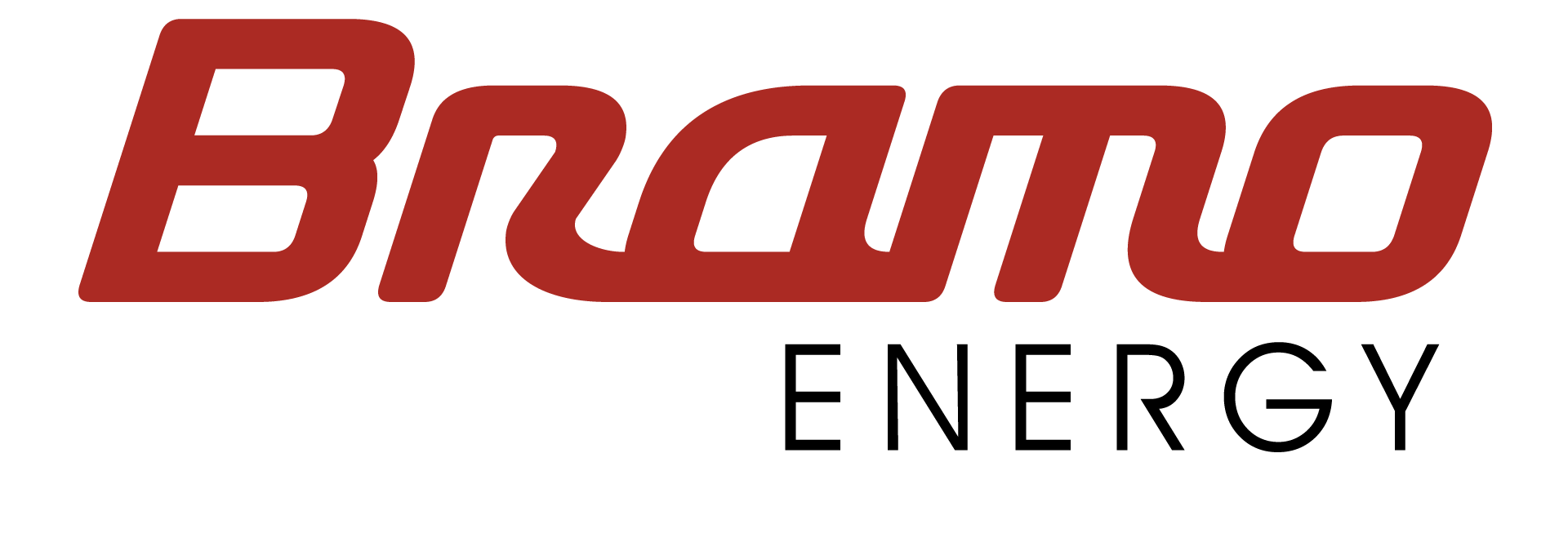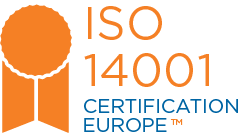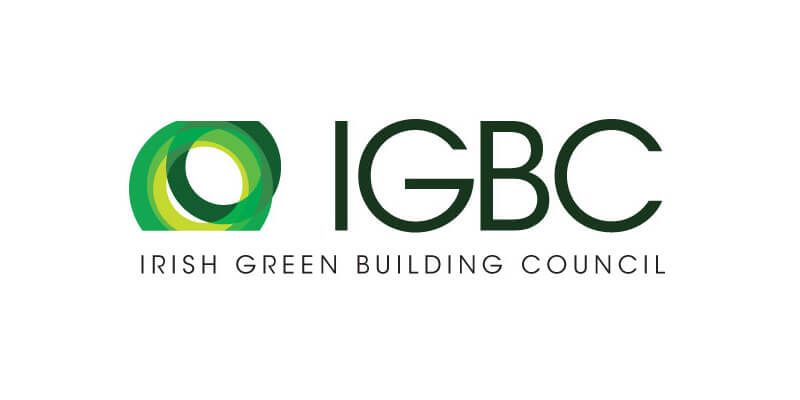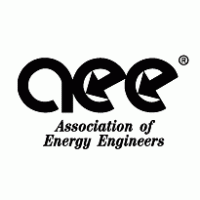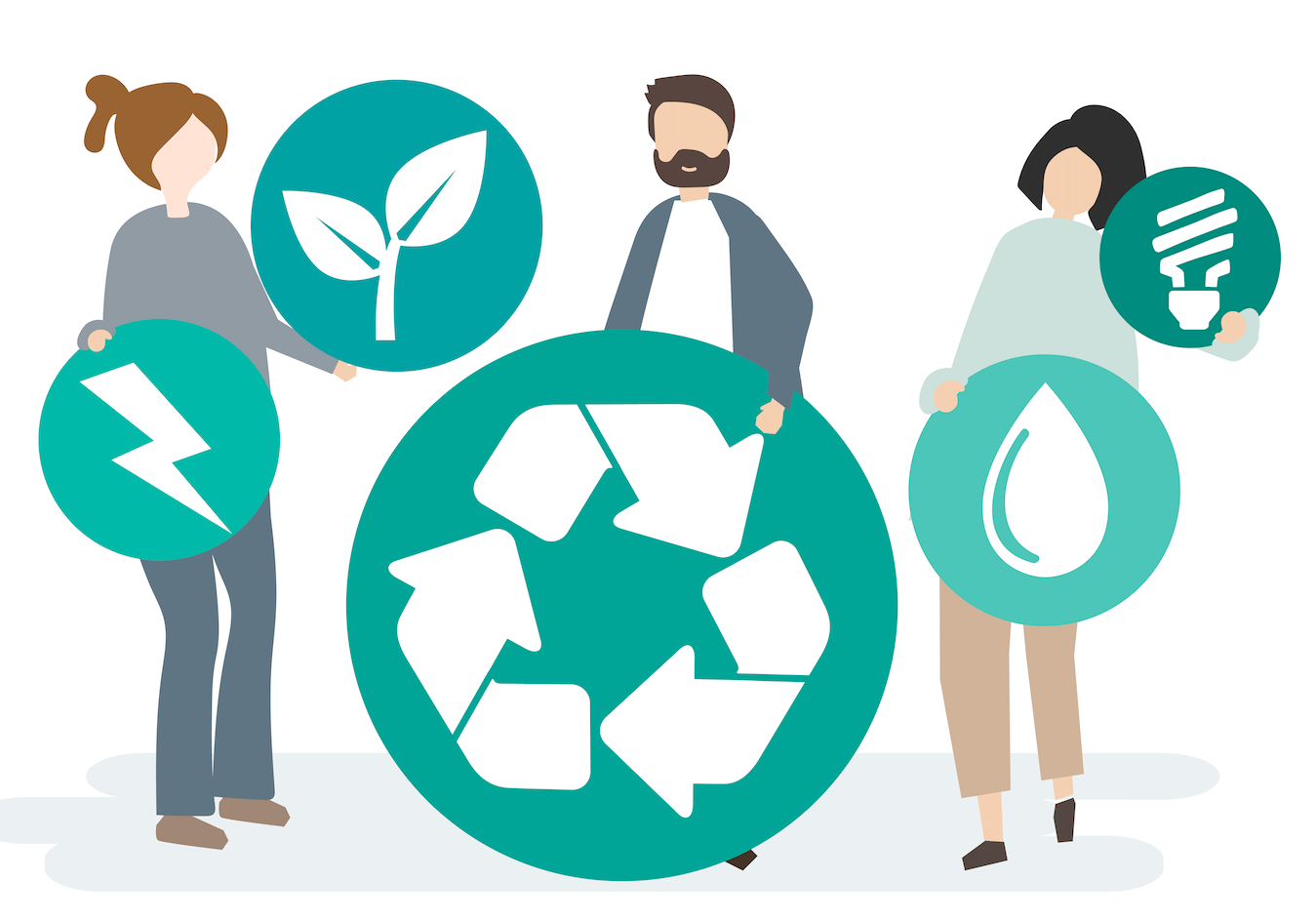Glossary.
The language of sustainability, energy, and climate change can be complex. This glossary simplifies and defines key terminology in this evolving field. Happy exploration!
Cancellation
Cancellation is the physical ‘use’ of a GO certificate and the method of allocating the attributes of that electricity to a single end-user.
Cancelling a GO is the only way to remove a GO from the market and redeem its benefits. Cancelling ensures that the certificate will not be traded, given, sold, or used by another end-user.
End-consumers will most often purchase GOs with the intent of eventually cancelling it as opposed to selling it again for another end-user to cancel.
Carbon
Carbon is a chemical element 'C' and is used as an abbreviation for carbon dioxide.
Carbon credits
A tradable certificate or permit which allows the holder to emit a certain amount of greenhouse gas.
Carbon emissions
This refers to the release of carbon dioxide (CO2) emissions, which is among various greenhouse gases present in the Earth's atmosphere, responsible for trapping heat.
While CO2 is naturally released, human activities such as burning fossil fuels like coal, oil, and natural gas contribute significantly to its release. As the primary contributor to climate change due to its widespread presence, "carbon emissions" is frequently used interchangeably with "greenhouse gas emissions."
Carbon insetting
A carbon reduction project within a company's value chain.
Carbon neutral
Carbon neutral is where there is no net emissions of carbon dioxide into the atmosphere as the amount emitted is balanced by the amount absorbed.
Carbon offsetting
An activity or scheme that removes the equivalent amount of carbon dioxide that you have released.
Climate change agreement
A voluntary agreement in which industries commit to energy efficiency targets and in return receive a reduced rate of the climate change levy.
(CSR) Corporate Social Responsibility
CSR, or Corporate Social Responsibility, encompasses an organization's initiatives and strategies aimed at creating a positive influence on the world through its contributions to society, the environment, and the economy.
While CSR and ESG share a connection, there exists a distinction between them. ESG, or Environmental, Social, and Governance performance, undergoes evaluation using established metrics by investors and other stakeholders.
In contrast, CSR takes a more qualitative and self-regulated approach, not directly tied to financial performance and business valuation. ESG is increasingly surpassing CSR as the preferred method for reporting.
CO2
A gas made up of 1 part carbon and 2 parts oxygen.
Carbon tax
A price imposed on the carbon emissions generated from fossil fuel combustion.
(PPA) Corporate Power Purchase Agreement
A long-term contract between two parties, where one generates electricity and the other, commonly a business or company, agrees to purchase the power and carbon credits from them. Find out how we can help.
Decarbonisation
The reduction, or complete removal, of carbon dioxide emissions into the atmosphere.
(ESG) Environmental, Social and Governance
ESG is a collective term for a business's impact on Environmental, Social and Governance aspects to assess sustainability targets.
Environmental aspects cover pollution, greenhouse gas emissions, waste generation, energy efficiency and the impact on biodiversity.
Social aspects include attitudes to diversity and labour standards at a business's operating sites and in its supply chains.
Governance aspects cover how well a company is managed, from boardroom diversity and gender equality, to being free from corrupt practices.
Fuel mix
Each year, in accordance with European Directive 2009/72/EC, an electricity provider is required to disclose to its customers the composition of its fuel mix. The fuel mix refers to the combination of various sources contributing to the overall electricity supplied to consumers. These sources aggregate their emission data (measured in grams of CO2 per kilowatt-hour) and total radioactive waste (measured in milligrams per kilowatt-hour). Consumers have the option to obtain an alternative fuel mix by using an electricity tracking certificate, such as the Guarantee of Origin.
In cases where an electricity supplier offers distinct products with varying fuel mixes, the provider must utilize Guarantee of Origin certificates to authenticate these differences. This practice is subject to regulation in certain countries.
(GHG) Greenhouse gases
Gases that trap heat within the Earth's atmosphere by absorbing infrared radiation.
Greenhouse protocol
Supplies a global standardised framework for accounting and reporting greenhouse gases.
Greenwashing
A marketing strategy in which organisations provide misleading information regarding their environmental impact.
(GO) Guarantee of origin
The Guarantee of Origin (GO or GoO) serves as the tracking certificate mandated by European Directive 2009/28/EC, specifically outlined in article 15.
Standardisation of the GO is facilitated through the European Energy Certificate System (EECS), administered by the Association of Issuing Bodies (AIB).
The EECS ensures uniformity in the trading, cancellation, and utilization of GOs throughout Europe.
The GO itself does not possess an intrinsic value; its price is determined solely by market forces of supply and demand. As a carrier of electricity attributes, the GO plays a crucial role in certifying the origin and characteristics of the associated electricity.
Hydrogen vehicles
Hydrogen fuel cell vehicles generate power through a chemical reaction involving hydrogen and oxygen in a fuel cell stack. Refueling involves a nozzle that delivers compressed hydrogen to the vehicle's pressure tank, taking a similar time to filling up with petrol.
If the hydrogen is generated using renewable electricity, it can be entirely free of carbon. Hydrogen vehicles also cover more miles between refuels compared to the distance electric vehicles can travel between charges.
Hydrogen internal combustion engine vehicles differ from hydrogen fuel cell vehicles as they are essentially an adapted version of the traditional diesel/petrol-powered internal combustion engine. Their lack of carbon emissions ensures there is no CO2 release, thereby eliminating the primary greenhouse gas associated with conventional petroleum engines.
Kyoto protocol
An international agreement in which developed countries are committed to legally binding targets to reduce their greenhouse gas emissions.
Net zero
Net Zero is where the total of greenhouse gases emitted into the atmosphere is balanced out by the amount removed.
Paris agreement
An international treaty that addresses climate change and aims to limit global warming to well below 2°C.
(REGO) Renewable energy guarantee of origin
A Renewable Energy Guarantee of Origin (REGO) certificate is granted for each megawatt hour of renewable electricity generated by a facility, such as a wind farm. These certificates enable electricity providers to showcase to their customers the proportion of supplied electricity derived from renewable sources.
It's important to note that the REGO scheme is not recognised in the EU.
In Great Britain and Northern Ireland, REGOs find their primary application in Fuel Mix Disclosure (FMD).
FMD mandates licensed electricity providers to reveal to both potential and existing customers the blend of fuels (coal, gas, nuclear, renewable, and others) utilized in generating the supplied electricity.
Renewable certificates
Certificates often refer to the vehicle used to carry the electricity attributes certified via an electricity tracking system.
In Europe, the primary certificate used by electricity tracking systems is the Guarantee of Origin or GO.
In other locations, like the United States, the certificate used is the RECs (Renewable Energy Certificate).
A certificate is often bought, sold and cancelled with prices determined by a supply and demand market.
Renewable energy
Energy produced from a renewable source.
SBTi (Science Based Target Initiative)
The SBTi, a globally recognized framework, guides organizations on the imperative reduction of greenhouse gases to avert irreversible climate change. Science-based targets delineate a specific trajectory for companies to curtail emissions in alignment with the objectives of the Paris Agreement.
Targets are deemed 'science-based' when they align with the latest climate science's recommendations to achieve the Paris Agreement goals of restricting global warming to 1.5°C above pre-industrial levels. Presently, over 4,000 businesses worldwide are actively engaged with the SBTi.
Scope 1 emissions
Direct emissions of greenhouse gases from assets operated or owned by an organisation, such as fuel from company owned transport and gas used for heating.
Scope 2 emissions
Indirect emissions of greenhouse gases linked to the purchase of energy.
Scope 3 emissions
All other indirect emissions of greenhouse gases that result from the operations of an organisation.
(TCFD) Task Force on Climate-Related Financial Disclosures
Many large companies and financial institutions in UK and EU are legally obligated to conduct disclosures related to climate matters.
The TCFD has formulated a reporting structure centered on a set of uniform disclosure suggestions intended for companies to enhance transparency regarding their climate-related risk exposures. This facilitates the communication of such information to investors, lenders, and insurance underwriters.
The TCFD focus on disclosing an organization's influence on the worldwide climate. Its aim is to enhance the consistency of climate-related disclosures by companies, making them more comparable.
The TCFD is of the view that improved information will empower companies to integrate climate-related risks and opportunities more effectively into their risk management, strategic planning, and decision-making processes.
